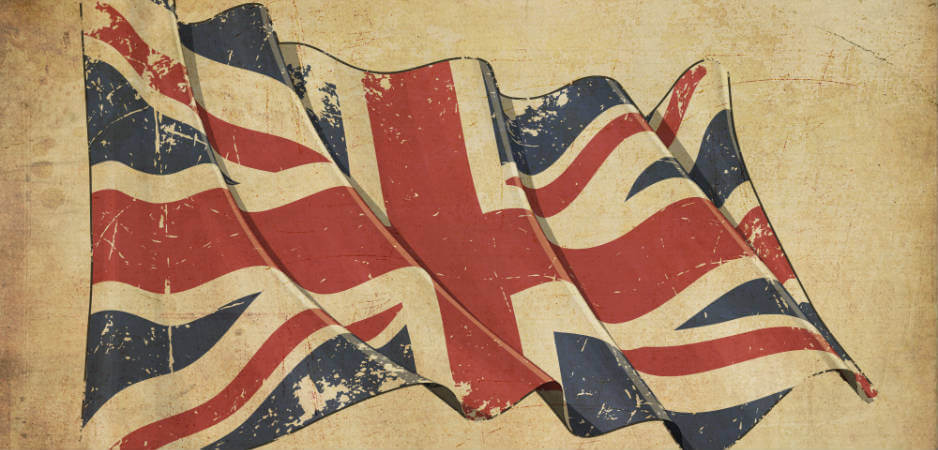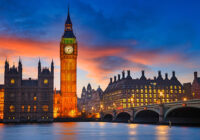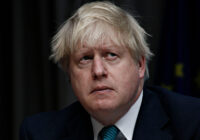Britain’s colonial past is often whitewashed in the name of progress. But the truth is a lot more dark.
There is a prevalent idea—and not only in the United Kingdom—that the British Empire was a force for good.
Somehow, in stark contrast to the well-known barbarity of the German or Belgian colonial pursuits, Britain gets off the hook as the benevolent empire that paved the way for progress and development of the nations it graced with its patronage.
“What might not be done if the moral authority of England were distributed across the earth,” wrote James Morris in his history of British Empire, “to tackle the evils of slavery, ignorance and paganism at source, to teach the simpler peoples the benefits of Steam, Free Trade and Revealed Religion, and to establish … a Moral Empire of loftier intent?”
Indeed, 59% of Britons are proud of their colonial past. Shashi Tharoor, author of Inglorious Empire, calls this historical amnesia, to be blamed on the lack of in-depth exploration of the nation’s colonial history in British schools.
Praise for efficient management systems, rule of law and infrastructure improvements often overshadows facts such as Britain’s role in the transportation of over 3 million slaves between 1640 and 1807 (when the slave trade was finally made illegal), the brutal suppression of Kenya’s Mau Mau rebellion and the Irish famine.
History is never black and white. But whitewashing over crimes against humanity in the name of progress does a disservice not only to the discipline, but first and foremost to all those who carry the memory of colonialism in their blood and bones, and are still waiting for an apology.
The views expressed in this article are the author’s own and do not necessarily reflect Fair Observer’s editorial policy.
Photo Credit: nazlisart
Support Fair Observer
We rely on your support for our independence, diversity and quality.
For more than 10 years, Fair Observer has been free, fair and independent. No billionaire owns us, no advertisers control us. We are a reader-supported nonprofit. Unlike many other publications, we keep our content free for readers regardless of where they live or whether they can afford to pay. We have no paywalls and no ads.
In the post-truth era of fake news, echo chambers and filter bubbles, we publish a plurality of perspectives from around the world. Anyone can publish with us, but everyone goes through a rigorous editorial process. So, you get fact-checked, well-reasoned content instead of noise.
We publish 2,500+ voices from 90+ countries. We also conduct education and training programs
on subjects ranging from digital media and journalism to writing and critical thinking. This
doesn’t come cheap. Servers, editors, trainers and web developers cost
money.
Please consider supporting us on a regular basis as a recurring donor or a
sustaining member.
Will you support FO’s journalism?
We rely on your support for our independence, diversity and quality.






